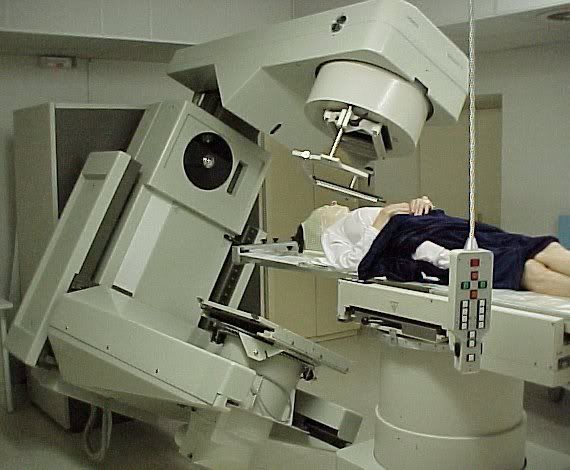A brief behavioral sleep intervention for family caregivers of persons with cancer.
Title
A brief behavioral sleep intervention for family caregivers of persons with cancer.
Source
Cancer Nursing. 29(2):95-103, 2006 Mar-Apr.
Cancer Nursing. 29(2):95-103, 2006 Mar-Apr.
Behavioral interventions that support caregivers' restful sleep may delay the onset or decrease the severity of debilitating depressive symptoms. This, in turn, may increase caregivers' physical and psychological health and wellbeing. A repeated-measures experimental design was used to test the feasibility and effectiveness of a brief behavioral sleep intervention for family caregivers of persons with advanced stage cancer.
The CAregiver Sleep Intervention (CASI) includes stimulus control, relaxation, cognitive therapy, and sleep hygiene elements. CASI is individualized and delivered to accommodate caregiver burden. Thirty adult caregivers participated. The Pittsburgh Sleep Quality Index (PSQI), Center for Epidemiological Studies-Depression scale (CES-D), and Caregiver Quality of Life-Cancer scale (CQOLC) were used to measure self-reported sleep quality, depressive symptoms, and quality of life. Actigraphs measured latency, duration, efficiency, and wake after sleep onset (WASO) scores.
Data were collected at baseline, 3 and 5 weeks, 2, 3, and 4 months post baseline. Improvement was seen across groups; however, intervention caregivers showed more improvement in PSQI and CES-D scores than control caregivers. The CASI appears to be effective in improving sleep quality and depressive symptoms in caregivers of persons with cancer. Improvements in quality of life scores were similar across groups. Sample size and homogeneity limit generalizability.




0 Comments:
Post a Comment
<< Home